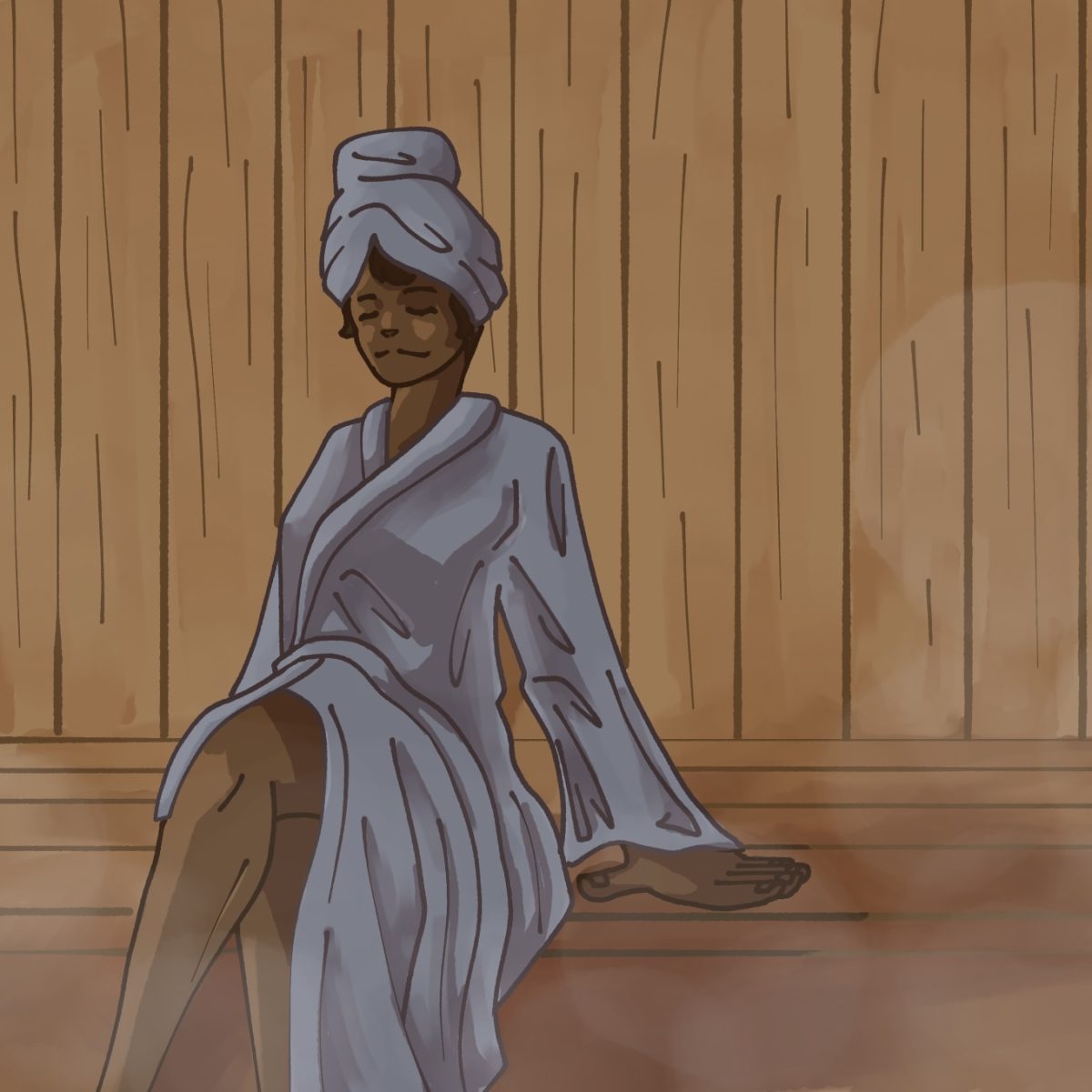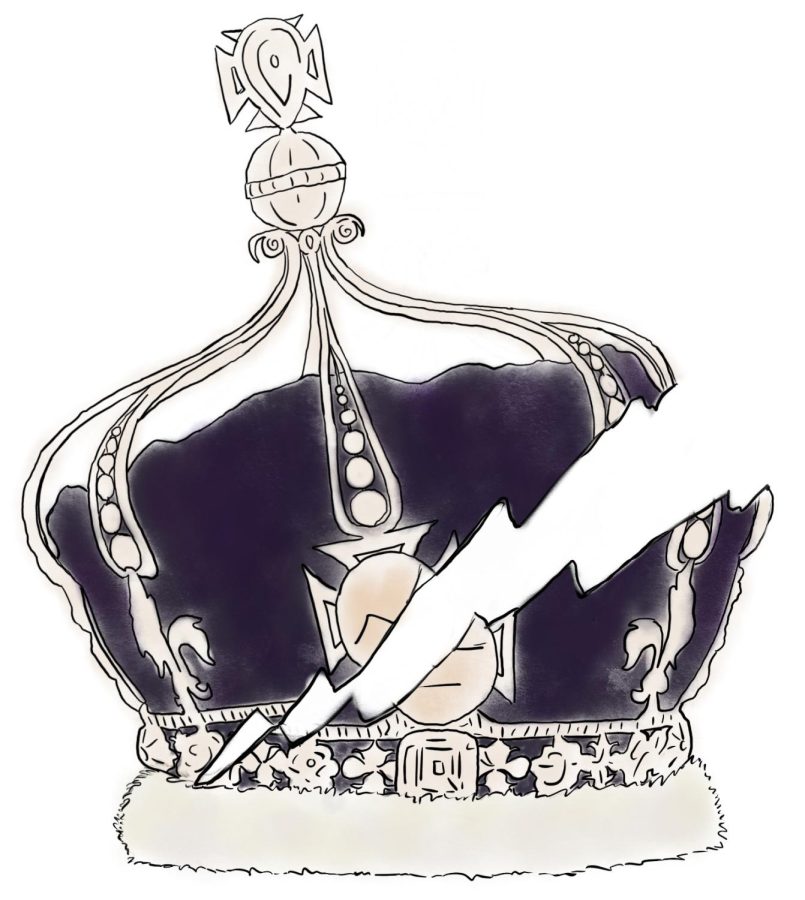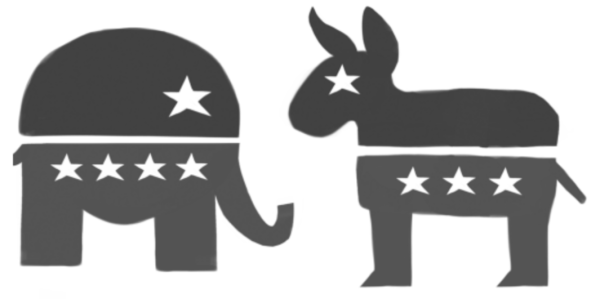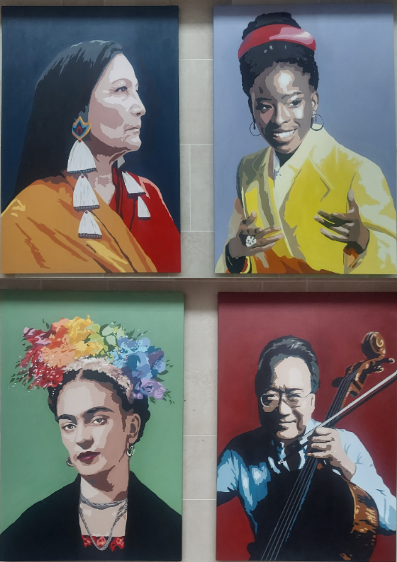Queen’s Legacy Far More Complex than Acknowledged
September 30, 2022
When he found out that the Queen of England had died, Lucas Silva, 23’, did not feel much emotion — just pure, unadulterated shock.
“A lot of people see the queen as a constant, almost non-human symbol,” Silva said, “so it’s hard to conceptualize that she could die.”
This sentiment was shared by Sanjana Kurup, an alum of MHS currently attending the University of Minnesota. Kurup’s initial reaction to the news was disbelief.
“I feel like there have been like five different scares about her dying,” Kurup said, “so I wasn’t sure that she was actually dead.”
76-year-old Minnetonka resident Beverly Johnson said she “[admires] the selflessness of her [dedicating] her own life to those of her subjects and remaining very present in her role.”
Since Queen Elizabeth’s death, coverage of her funeral and the transfer of power has become a staple of daytime news. Livestreams of the procession by the BBC and The Sun are available on YouTube, and live updates of the funeral have been posted on every news site from the New York Times to People magazine. The sheer volume of Queen-related content saturating media feeds has yet to peter out, but the tone has recently shifted.
The idea of the Queen as a dedicated yet stoic figure is one borne of her own administration. In reality, her lack of active participation in the changes in the past century have led some to cast a more critical eye on her reign. These questions have become more prevalent than ever with the transfer of sovereignty to King Charles III, bringing to light a history that the British Crown has sought to bury in the past: the role of the Queen in the colonization of countries like Nigeria, India, and Jamaica.
What exactly that role was is still up for debate. Silva is one of many who feel that she is not guilt free. “While she obviously
[did not] directly commit all of these [colonial] atrocities, she is a symbol for them because her existence perpetuates the monarchy,” he said.
Kurup is more lenient; she feels that although the Queen’s family was responsible for the horrors of colonialism, the Queen herself is not as much. “I feel like if you were in her shoes, what would you do?” she said. “She didn’t have a lot of options.”
Regardless of differing opinions on the Queen’s responsibility for colonialism itself, it is relatively agreed that former colonies’ lackluster response to her passing is justified. As the transition process continues, perhaps the story will shift again — it is now the responsibility of King Charles III to address the concerns of the public.
































